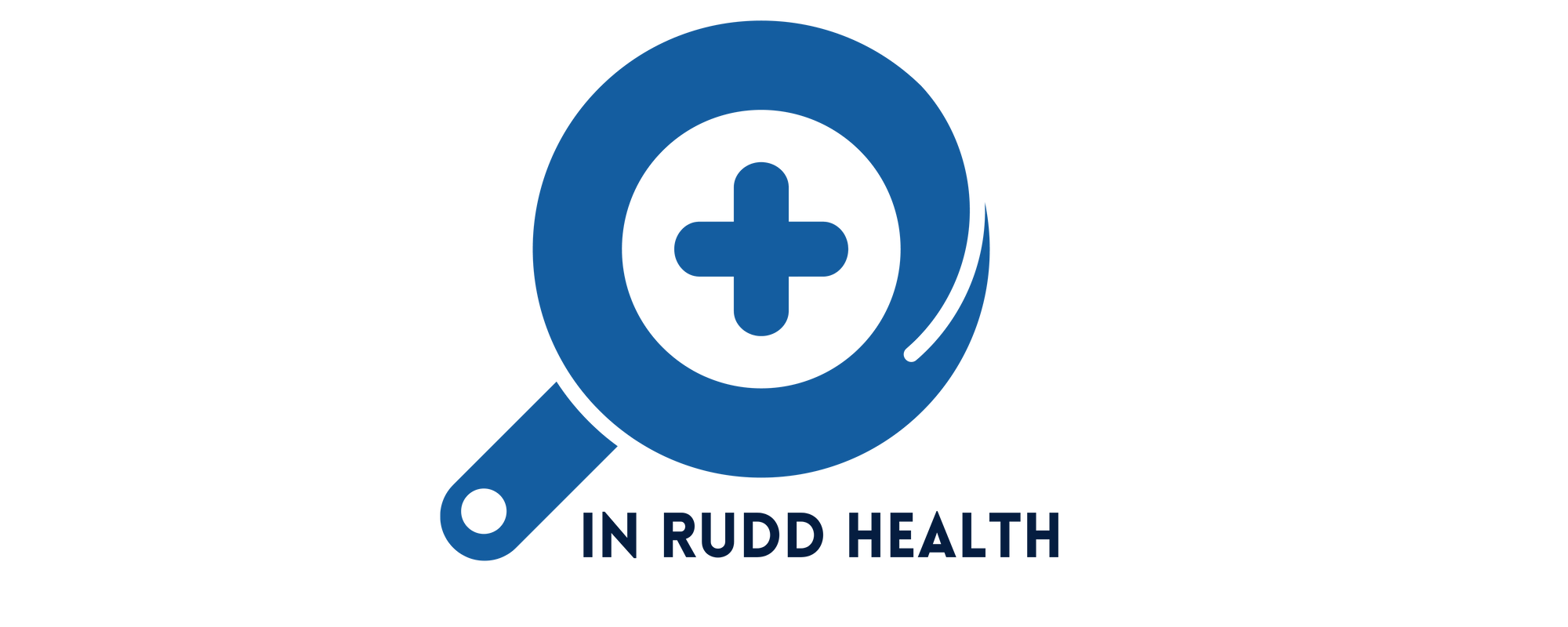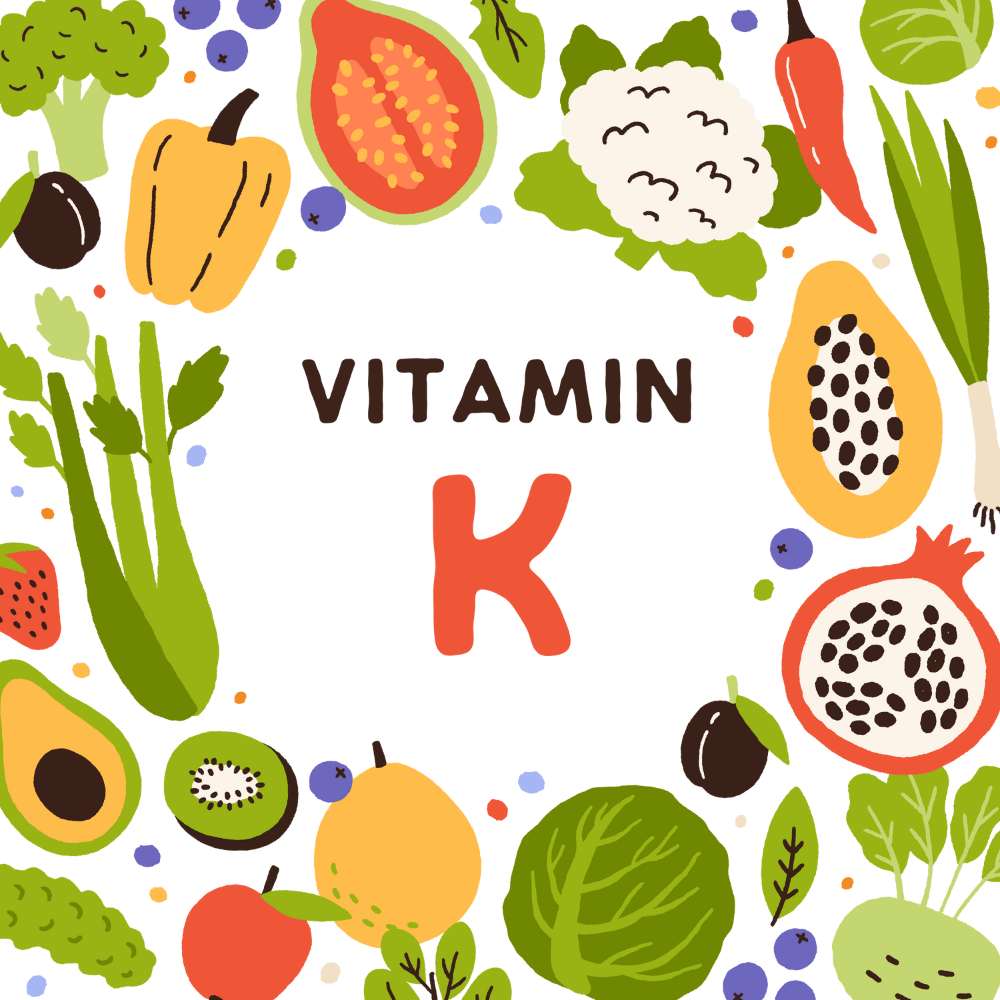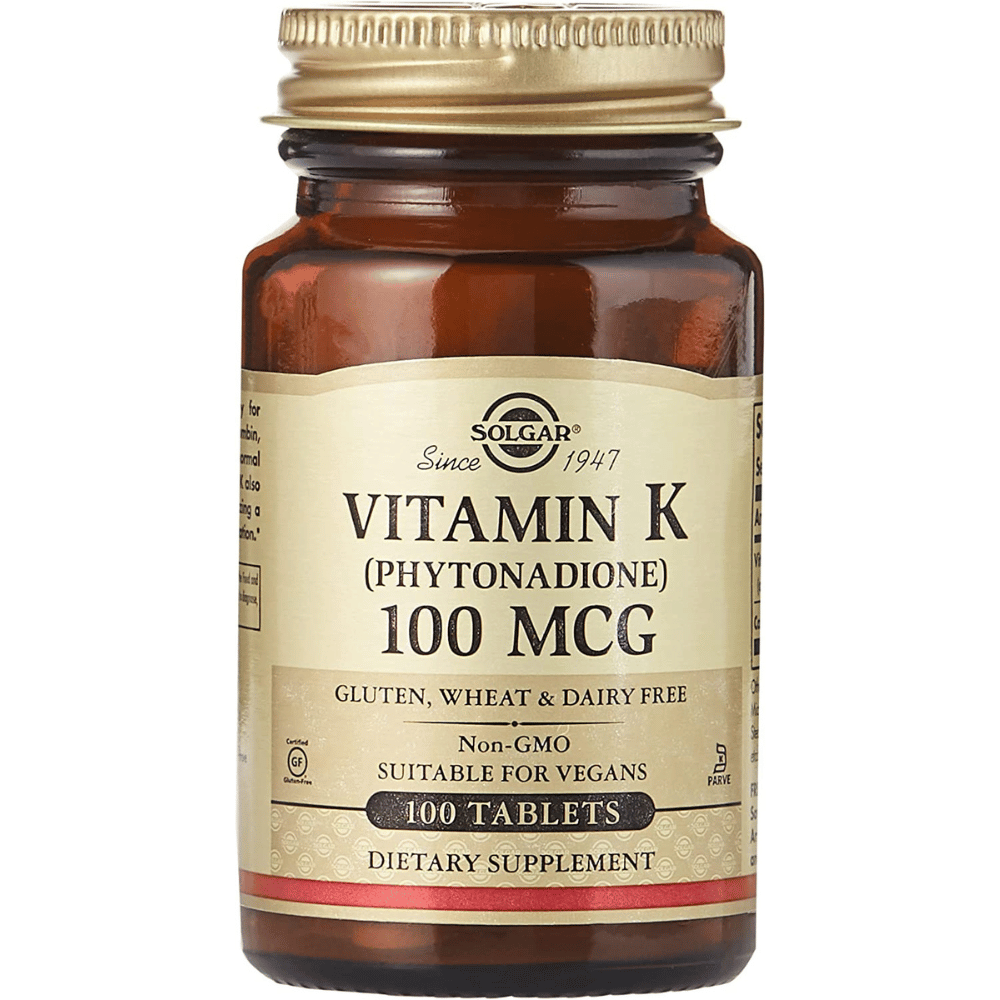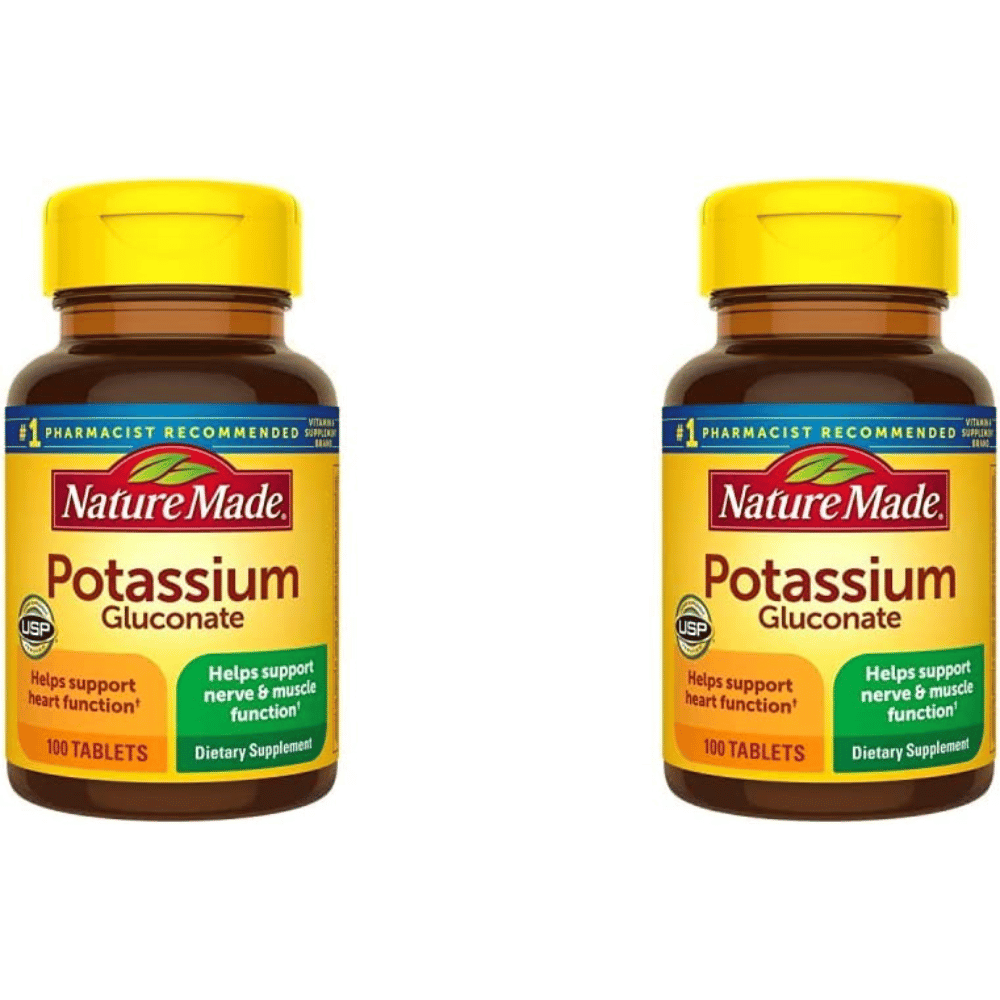Most people know that vitamin K and potassium are different, but what about those who don’t? Are they the same or different? Which one is better for you? Here’s an in-depth breakdown of these two vitamins so you can decide which one is right for you.
Vitamin K is one of the many vitamins we need daily to keep our bodies healthy and functioning correctly. Conversely, potassium is a mineral that helps regulate blood pressure and maintain fluid balance. The two vitamins are often confused with each other, but they have very different effects.
Both are vital micronutrients, but potassium is a mineral, not a vitamin, and has different bodily functions than vitamin K.
Vitamin K
Vitamins are fat-soluble vitamins that come in two forms. The best vitamin K sources are green leafy vegetables like collard kale, greens, and spinach. Another type, menaquinone, is found in animal and fermented foods.
Vitamin K is essential to the proper functioning of blood coagulation and the building of bones. Prothrombin is a vitamin K-dependent protein that's essential for blood clotting. Osteocalcin requires vitamin K for healthy bone tissue. Vitamin K is found in the pancreas, liver, heart, brain, and bone.
It is broken down very quickly and is eliminated in urine or stool. Because of this, it seldom gets to toxic levels in the body, even with high intakes, as may sometimes happen with other fat-soluble vitamins.
Sources Of Vitamin K
Sources of Vitamin K are:
• The prime sources of vitamin K are green vegetables since the chlorophyll in green vegetables helps provide it. The excellent sources of vitamin K are green vegetables since the chlorophyll in them makes them green.
• Green leafy vegetables are very high in this vitamin. Still it is also found in green tea, asparagus, beef liver, cauliflower, broccoli, Brussels sprouts, cabbage, meat, fish, eggs, vegetable oils, and cereals.
• While bacteria in your gut make small amounts of vitamin K, it’s not enough to meet your needs.
• You should consume at least 90 micrograms daily for women and 120 micrograms for men.
Signs of Deficiency
Adults can develop vitamin K deficiency when they take medications that block vitamin K metabolism, such as antibiotics, or when they have conditions that cause malabsorption of food and nutrients. Vitamin K deficiency can also happen at birth because it doesn't cross the placenta, and breast milk has deficient nutrient levels. The limited amount of blood clotting proteins in newborn babies increases their risk of bleeding if they don't have vitamin K supplements.
The following are the typical signs of a deficiency:
• Osteopenia or osteoporosis
• Prolonged bleeding time (as measured by a physician in a physician’s office)
• Hemorrhaging
• Bleeding
Best Seller - Solgar Vitamin K1 (Phytomenadione) Tablets
Product Description
Solgar Vitamin K1 (Phytomenadione) 100 µg Tablets are a high-quality dietary supplement that supports overall health, specifically targeting liver function and bone health. Each pack contains 100 tablets, providing a convenient and long-lasting supply.
Solgar Vitamin K1 (Phytomenadione) 100 µg Tablets are carefully formulated to support overall health, specifically focusing on liver function and maintaining healthy bones. Each pack contains 100 tablets, ensuring a sufficient supply for your dietary needs.
Features
Vitamin K1 Supplement: These tablets provide a convenient way to supplement your diet with vitamin K1, also known as phytomenadione.
Liver Support: Solgar Vitamin K1 supports liver function. Vitamin K1 produces specific proteins essential for proper liver health and function.
Bone Health: Vitamin K1 plays a crucial role in maintaining healthy bones. It helps activate proteins that regulate calcium metabolism and promote proper bone mineralization.
Quantity: Each pack contains 100 tablets, ensuring a sufficient supply for your dietary needs.
Vegan-Friendly: Solgar Vitamin K1 tablets are suitable for vegans as they are free from animal-derived ingredients.
Gluten-Free: The tablets are formulated without gluten, making them suitable for individuals with gluten sensitivities or those following a gluten-free diet.
Pros
• essential for maintaining healthy bones
• without gluten, making them suitable for individuals with gluten sensitivities
• meet your daily vitamin K1 requirements.
Cons
• Limited Information
Customer Review
Useful if you suffer from nosebleeds. It arrives in a glass bottle that is bubble wrapped. Manageable size to swallow; only 1 a day needed. Excellent value for money. Probably worth taking vitamin K2 as Vitamin K1 is involved in blood coagulation, and vitamin K2 benefits bone and heart health.
Potassium
Potassium is an essential mineral for your body to work correctly. It is an electrolyte that helps nerve cells function, and muscles contract. It helps your heart stay healthy and strong. It helps move nutrients into cells and waste products out of cells. Eating more potassium helps counter some of sodium's harmful effects on blood pressure. Healthy people usually get all the potassium they need from eating and drinking.
Your kidneys are organs that help to control the amount of potassium in your body. If you have persistent kidney disease, your kidneys may not be able to effectively remove potassium from your bloodstream. Some medicines can increase your potassium levels. You should change your diet to lower your potassium level.
Sources Of Potassium
Sources of potassium in the diet include:
• Leafy greens, such as spinach collards and spinach
• Fruit from vines, such as blackberries and grapes
• Root vegetables, such as potatoes and carrots
• Citrus fruits, such as grapefruit and oranges
Signs Of Deficiency
If your potassium levels are low, it can cause symptoms like fatigue, digestive problems, and frequent urination. Whole plant foods contain high levels of potassium. Low blood potassium levels are hypokalemia if your potassium levels drop below 3.5.
Potassium Trusted Source is an essential mineral that helps your body function. For example, it may help regulate muscle contractions, maintain healthy nerve function, and help regulate fluid balance. Despite its importance, most adults don’t meet their daily needs. Most likely because of the Western-style diet, which favors processed foods over whole plant foods high in potassium — like fruits, vegetables, beans, and nuts.
Many people think that hypokalemia is rarely caused by dietary deficiency alone. However, it Can be caused by several factors, including:
• some medical conditions, like kidney failure
• fluid loss
• shock
• use of certain medications
• malnutrition
Best Seller - Nature Made Potassium Gluconate 550mg, 100 Tablets (Pack of 2)
Product Description
Nature Made Potassium Gluconate 550mg, 100 Tablets (Pack of 2) is a dietary supplement designed to provide a convenient source of potassium. Here's a product description based on the provided information:
Nature Made Potassium Gluconate, 550mg tablets, offers an easy and reliable way to supplement your diet with potassium, an essential mineral for various bodily functions. Each tablet contains 550mg of potassium in the form of potassium gluconate. Potassium is an electrolyte that maintains proper fluid balance supports nerve function and regulates muscle contractions. It is essential for maintaining a healthy heart rhythm.
Features
Potassium Supplement: Each tablet contains 550mg of potassium as potassium gluconate, providing a convenient way to supplement your diet with this essential mineral.
Electrolyte Balance: Potassium is an electrolyte that helps maintain proper fluid balance. It supports the normal functioning of nerves, muscles, and cells.
Heart Health: Potassium supports a regular heart rhythm and health.
Pack of Two: The product comes in a bunch of two, with each box containing 100 tablets. It provides a sufficient supply of potassium for an extended period, ensuring convenience and value for your purchase.
No Artificial Colors or Flavors: Nature Made Potassium Gluconate tablets are free from artificial colors and flavors, offering a more natural supplement option.
Pros
• It helps maintain proper fluid balance, nerve function, and muscle contractions.
• Important for heart health and helps maintain a regular heart rhythm.
• Convenient for maintaining consistent potassium levels
Cons
• The effectiveness and benefits of any supplement can vary from person to person.
Customer Review
You get minimal benefit because potassium is best given via food. Given my medical situation, I take tablets to get any potassium I can get with bananas and supplements. For most people, this will differ from how they get potassium. It mostly comes from food.
Conclusion
Vitamin K and Potassium are not the same things. They can both be used in the body, but each has its function and benefits. The most important thing is that they work together to help clot blood.
In conclusion, vitamin K and potassium are specific nutrients with different roles in the body. Vitamin K is involved in bone health and blood clotting, while potassium is an electrolyte that supports fluid balance, nerve function, and muscle contractions. It's essential to ensure an adequate intake of both nutrients through a balanced diet and, if necessary, consult with a healthcare professional for personalized guidance.




